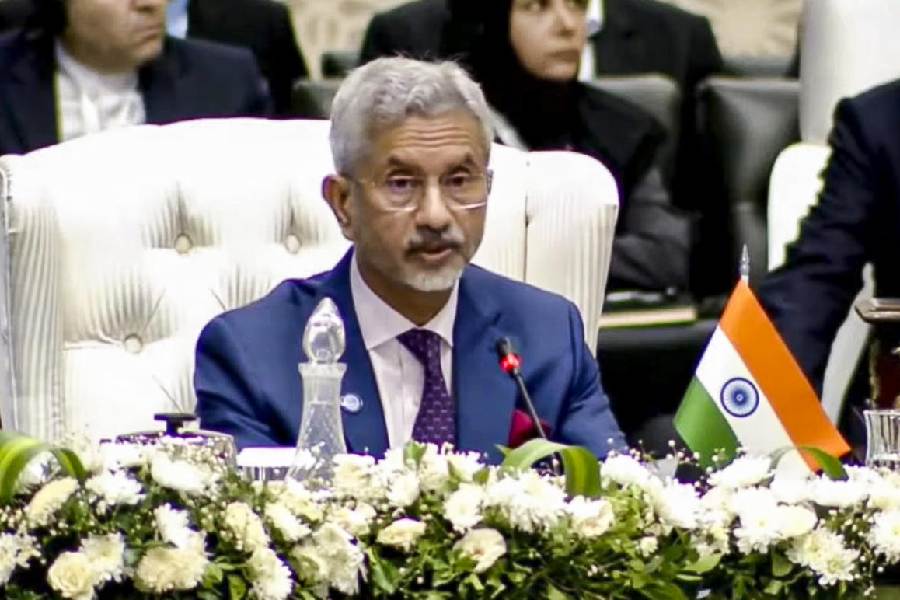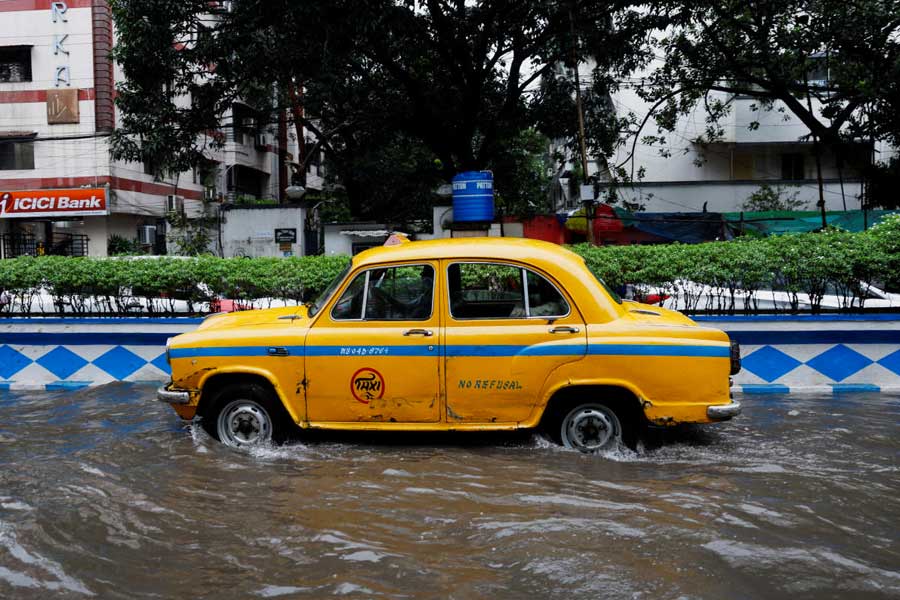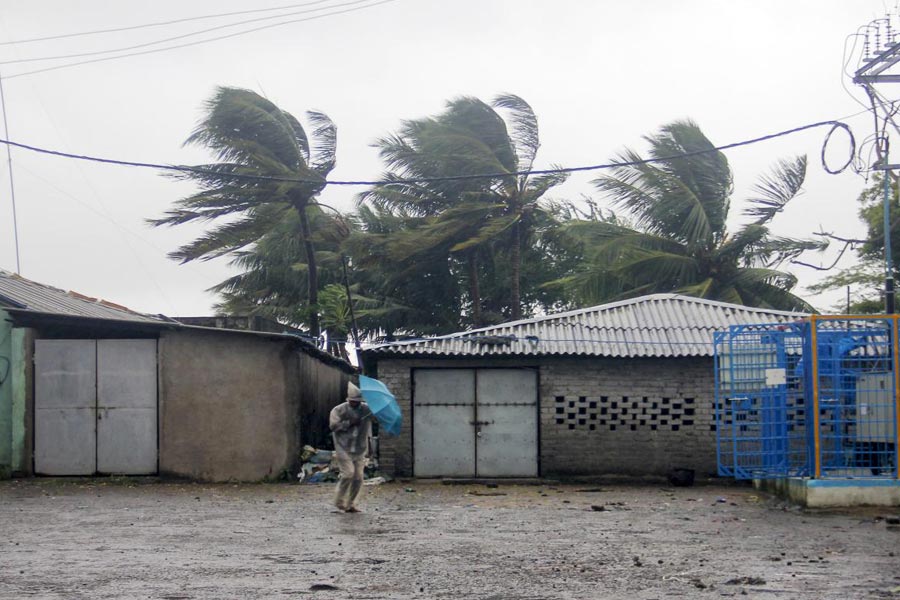Military veterans have questioned external affairs minister S. Jaishankar’s “unsubstantiated claim” that the latest agreement with China on patrolling allows a return to the 2020 situation along the Line of Actual Control.
The retired soldiers have underlined that the pact does not include the buffer zones that were earlier created by altering the status quo at multiple transgression points, including the Galwan Valley where Chinese troops had killed 20 Indian soldiers in 2020.
“The minister’s claim does not hold water. How can India claim to have returned to the pre-April 2020 situation on the China frontier when there is no evidence of any restoration of status quo at multiple transgression points in eastern Ladakh?” a former lieutenant general told The Telegraph.
While announcing the recent agreement with China, Jaishankar had said on Monday: "We have reached an agreement on patrolling. We have gone back to where the situation was in 2020…."
A day later, foreign secretary Vikram Misri said: "As far as the disengagement agreements reached previously are concerned, those agreements were not reopened in these discussions. The agreement that was reached yesterday (Monday) was focused on issues that had remained outstanding in the last couple of years…."
An Indian army official confirmed on Friday that the latest agreement applied only to the Depsang Plains and Demchok in Ladakh and not to the other points of Chinese incursion.
There have already been "partial" Chinese disengagement from the Galwan Valley, the south and north banks of the Pangong Lake, Hot Springs and Gogra, but at the price of the Indian troops too retreating within Indian territory by an equal distance to create demilitarised "buffer zones".
"It is very clear that the minister and the government are trying to keep the domestic audience in good humour by making such unsubstantiated claims. India had ceded further territory to the Chinese under the earlier agreements by creating buffer zones within India-claimed lines instead of insisting on a return to the pre-transgression status quo of April 2020," a former brigadier said.
A retired colonel said the government had always been economical with the truth.
"Prime Minister Narendra Modi had claimed in June 2020 after the Galwan clash that nobody had intruded into Indian territory. Now, after more than four years, the same government is claiming that this latest agreement on patrolling will allow a return to the April 2020 status quo," he said.
"The government is silent on the buffer zones, created on Chinese terms. Does it mean that we no longer claim those territories which have become buffer zones? If yes, the Chinese have been successful in establishing a revised status quo that will allow them to hold on to their newly acquired positions within India-claimed lines."
Earlier, elected representatives in Ladakh had expressed concern at India agreeing to no-patrolling "buffer zones" within its territory as part of the disengagement process with the Chinese.
They had said the buffer zones had hurt the livelihoods of local people by blocking their access to pastures for their livestock.
A former major general said the latest agreement lacked clarity. He underlined that India’s foreign ministry had on Monday said an "agreement has been arrived on patrolling arrangements along the Line of Actual Control in the India-China border areas, leading to disengagement and a resolution of the issues that had arisen in these areas in 2020".
A day later, an official statement released by China remained silent on any patrolling arrangement, merely saying: "The two sides have reached a solution on the relevant matters, which China views positively."











